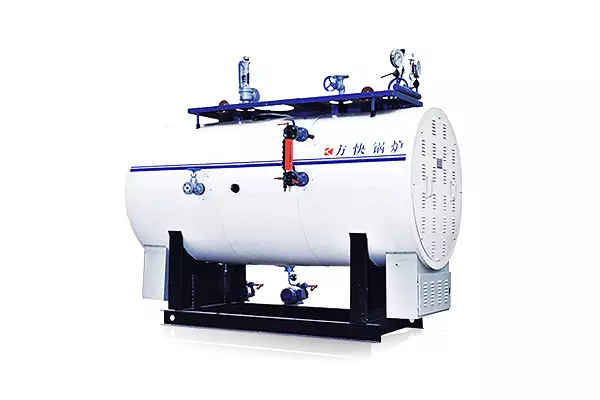
Эффективные и надежные электрические паровые котлы
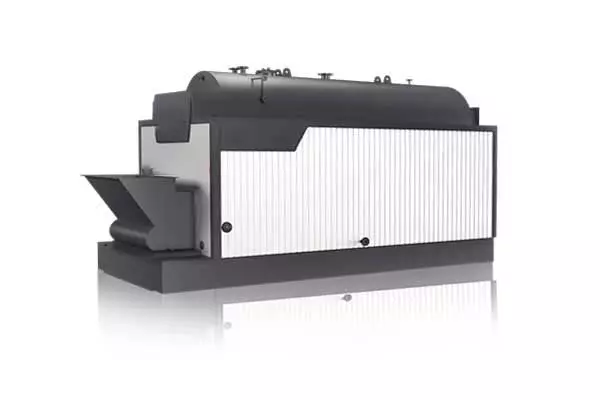
Высокоэффективные паровые котлы, работающие на биомассе
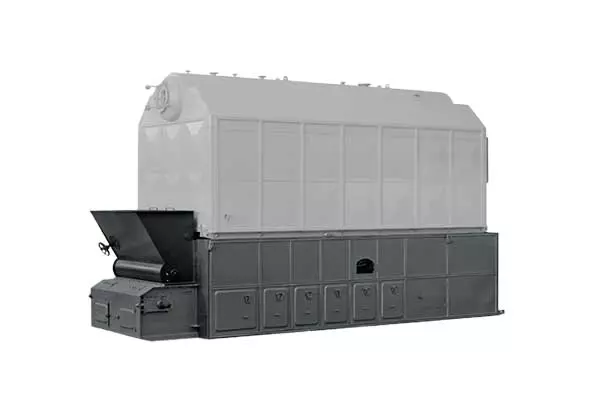
Надежные и эффективные угольные паровые котлы
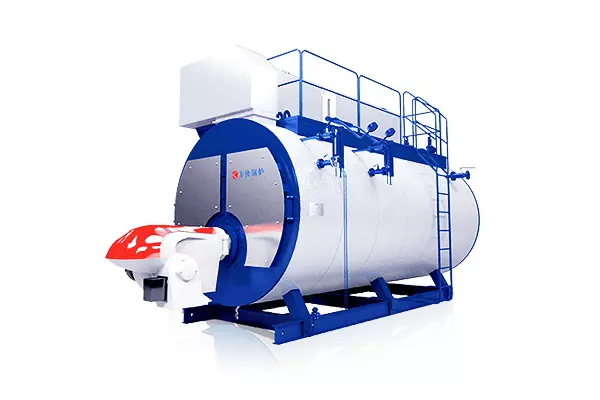
Надежные паровые котлы на жидком топливе для промышленного применения
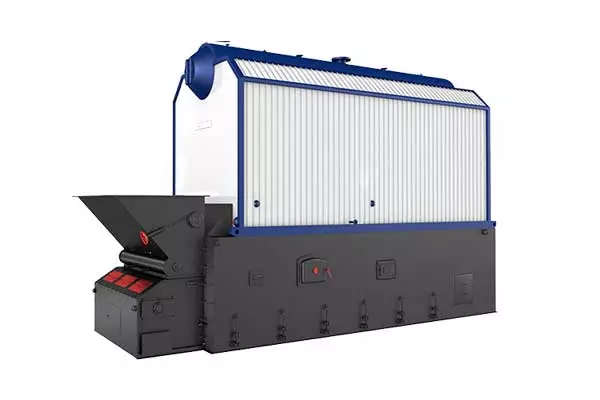
Качественные угольные водогрейные котлы
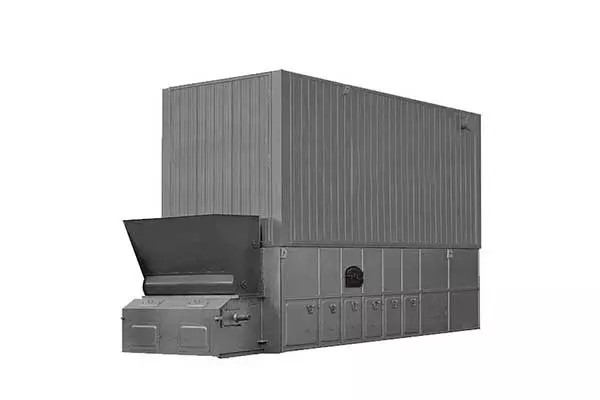
Надежные и эффективные водогрейные котлы, работающие на биомассе
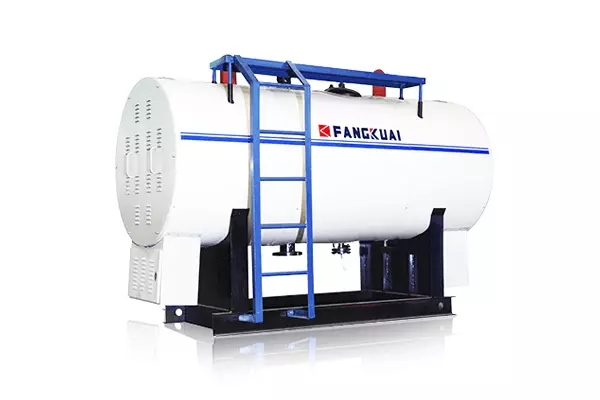
Эффективные и надежные электрические водогрейные котлы
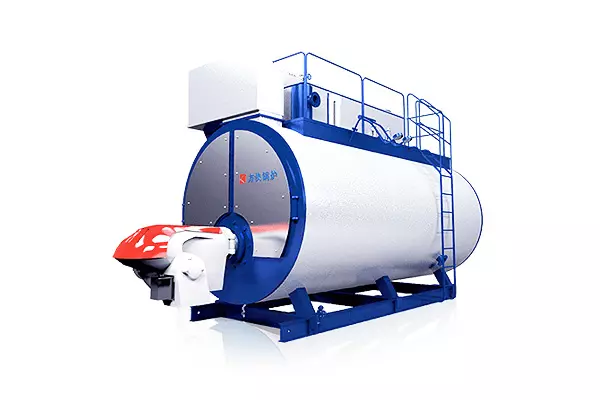
Эффективные и надежные газовые водогрейные котлы
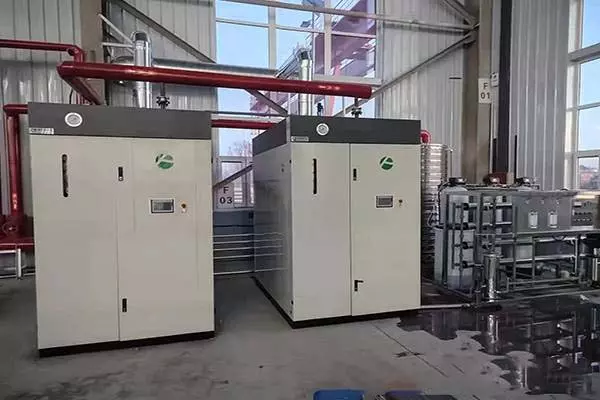
Парогенератор на биомассе - Эффективное и устойчивое энергетическое решение
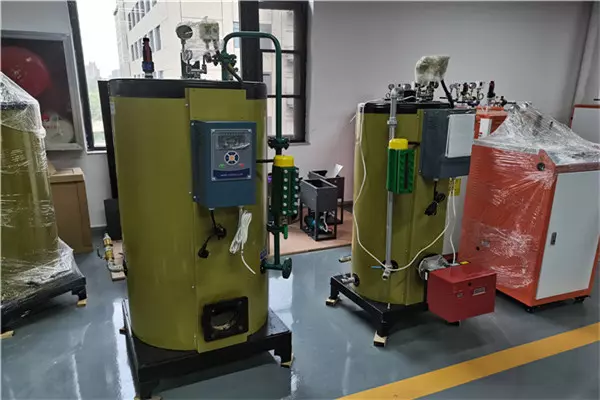
Высокопроизводительный электрический парогенератор для промышленного использования
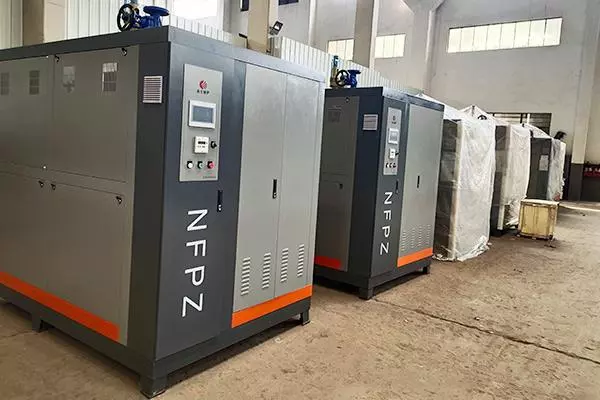
Высокоэффективный газовый парогенератор
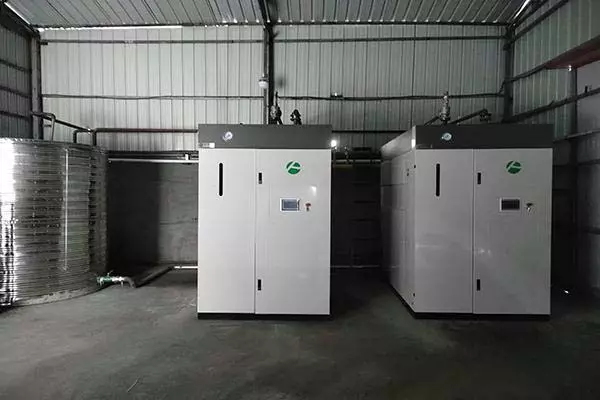
Мощный и эффективный дизельный парогенератор для промышленного использования
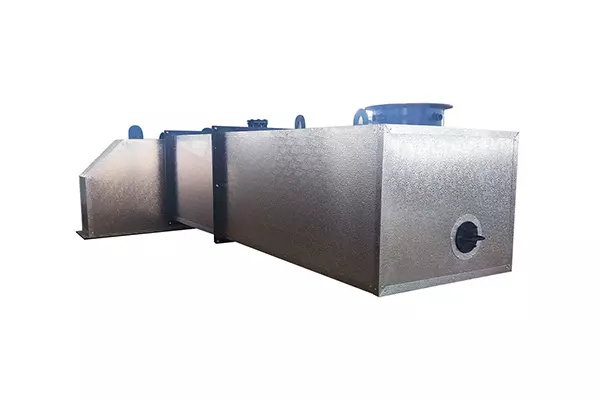
Экономьте энергию и сокращайте расходы с энергосберегающим устройством Fangkuai Boiler Energy Saver
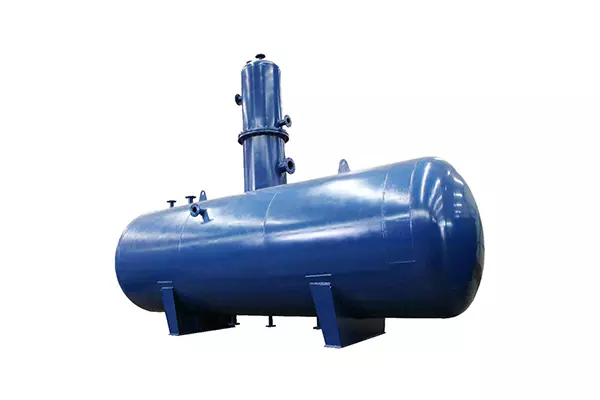
Деаэратор котла: Эффективное решение для паровых систем
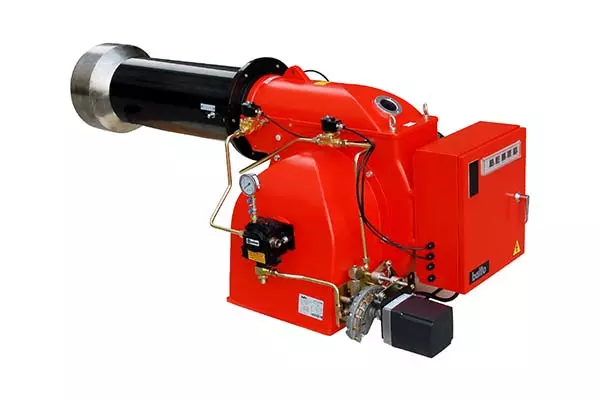
Горелка котла Фангкуая: Идеальное решение для высокой эффективности и низкого уровня выбросов
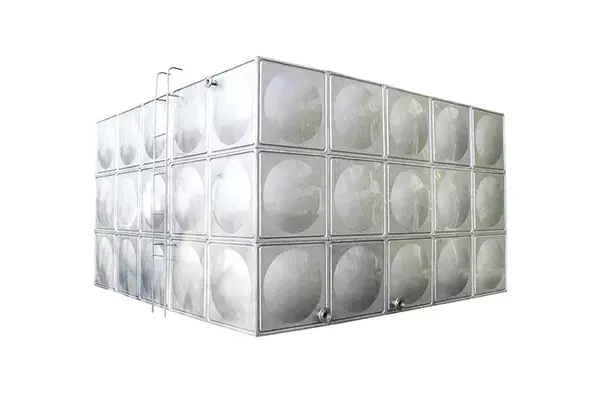
Бак горячей воды котла | Надежное и удобное решение для горячего водоснабжения
Чжэнчжоу Fangkuai Boiler Sales Co., ООО. является дочерней компанией Fangkuai Boiler Company., mainly responsible for the domestic and foreign trade of Fangkuai Boiler.Fangkuai Headquarters Base has a single-building R&D center, лаборатория полного рабочего состояния и два производственных растения, с производственной площадью 120 000 квадратных метров. Это ведущее предприятие в Китай с возможностями автоматизации котлов, и его продукция экспортируется во многие страны и регионы.


Впросмотреть отзывы наших клиентов
"Паровой котел от Fangkuai идеально подходит для моего предприятия пищевой промышленности.. Он отвечает всем нашим требованиям и очень надежен.. Качество материалов и конструкция котла исключительны.. Он также очень прост в эксплуатации и обслуживании, что помогло нам сэкономить время и деньги на обслуживании. Я настоятельно рекомендую паровые котлы Fangkuai всем, кому нужны надежные решения для отопления."
Джейсон
Бразилия"Термомасляный котел от Fangkuai очень прост в эксплуатации и обслуживании.. Это помогло нам сэкономить время и деньги на обслуживании, что привело к значительной экономии средств. Качество материалов и конструкция котла исключительны.. Он также очень энергоэффективен, что помогло нам сэкономить деньги на наших счетах за электроэнергию. Я настоятельно рекомендую термомасляный котел Fangkuai. ."
Аллен
Бразилия"Я очень впечатлен качеством водогрейного котла Fangkuai.. Он построен на века и превзошел мои ожидания. Процесс установки также был очень гладким, и обслуживание клиентов было превосходным.. Водогрейный котел очень прост в эксплуатации и обслуживании., и энергоэффективность замечательная. Я очень рекомендую водогрейные котлы Fangkuai."
Джек
Австралия"Вспомогательное оборудование Fangkuai сделало мою котельную еще лучше. Качество оборудования исключительное, а цены очень разумные. Оборудование помогло повысить эффективность и производительность моей котельной установки., что привело к значительной экономии средств. Я настоятельно рекомендую вспомогательное оборудование Fangkuai всем, кто нуждается в высококачественных принадлежностях для котлов."
Марик
Великобритания"Я очень впечатлен качеством водогрейного котла Fangkuai.. Он построен на века и превзошел мои ожидания. Процесс установки также был очень гладким, и обслуживание клиентов было превосходным.. Водогрейный котел очень прост в эксплуатации и обслуживании., и энергоэффективность замечательная. Я очень рекомендую водогрейные котлы Fangkuai."
Джек
Австралия"Термомасляный котел от Fangkuai очень прост в эксплуатации и обслуживании.. Это помогло нам сэкономить время и деньги на обслуживании, что привело к значительной экономии средств. Качество материалов и конструкция котла исключительны.. Он также очень энергоэффективен, что помогло нам сэкономить деньги на наших счетах за электроэнергию. Я настоятельно рекомендую термомасляный котел Fangkuai. ."
Аллен
Бразилия"Водогрейный котел от Fangkuai потрясающий. Быстро и эффективно нагревается, и вода долго остается горячей. У нас никогда не было с этим проблем, и это значительно улучшило нашу повседневную работу.. Процесс установки также был очень гладким, и обслуживание клиентов было превосходным.. Я очень рекомендую водогрейные котлы Fangkuai."
Сара
Канада"Вспомогательное оборудование Fangkuai сделало мою котельную еще лучше. Качество оборудования исключительное, а цены очень разумные. Оборудование помогло повысить эффективность и производительность моей котельной установки., что привело к значительной экономии средств. Я настоятельно рекомендую вспомогательное оборудование Fangkuai всем, кто нуждается в высококачественных принадлежностях для котлов."
Марик
Великобритания"Обслуживание клиентов в Fangkuai на высшем уровне.. Они помогли мне выбрать идеальный котел для моих нужд и оказали большую поддержку на протяжении всего процесса.. Процесс установки также прошел очень гладко, и котел превзошел все мои ожидания.. Он очень прост в использовании и обслуживании, и энергоэффективность замечательная. Я настоятельно рекомендую продукцию Fangkuai всем, кто нуждается в надежных и эффективных решениях для отопления."
Хуан
Мексика